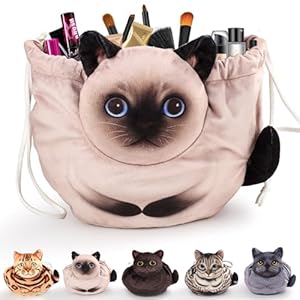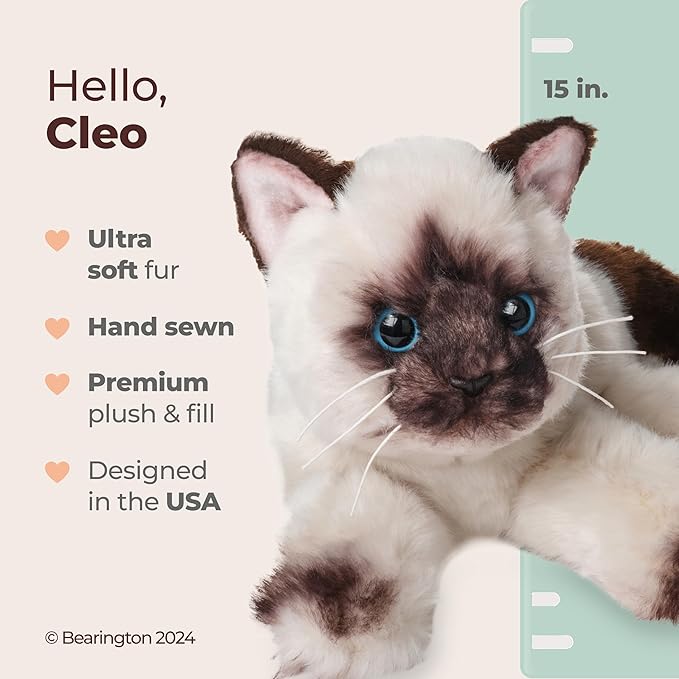This “Top Myths About Siamese Cats You Need to Understand” post may contain affiliate links, which means I’ll receive a commission if you purchase through my link, at NO EXTRA COST TO YOU
Top Myths About Siamese Cats You Need to Understand
Siamese cats are one of the most popular and distinctive breeds in the world. Known for their striking blue eyes, sleek coat, and vocal personalities, they are loved by many cat owners. However, due to their unique characteristics, several myths surround them. These misconceptions often lead to misunderstandings about their behavior, needs, and care. In this blog, we’ll break down the top myths about Siamese cats and reveal the facts you need to know. Let’s separate the truth from the fiction.

1. Myth: Siamese Cats Are Too Loud
One of the most persistent myths about Siamese cats is that they are excessively noisy. Many people assume that Siamese cats are constantly meowing and will drive their owners crazy with noise. While it’s true that Siamese cats are more vocal than many other breeds, this doesn’t mean they are always noisy.
The Truth:
Siamese cats meow to communicate their needs, whether it’s for food, attention, or playtime. They are known to “talk” to their owners and engage in conversations. However, they don’t continuously meow for no reason. They use their voices to communicate with humans and, in many cases, develop strong bonds with their owners. So, while you might hear a Siamese cat’s distinctive “mee-ow,” it’s usually to express something specific.
2. Myth: Siamese Cats Are Aloof and Independent
Another myth about Siamese cats is that they are aloof, cold, and independent. People often assume that because of their regal appearance and distinctive personalities, Siamese cats prefer to be left alone and do not bond with humans.
The Truth:
Siamese cats are incredibly affectionate and love attention from their owners. They are social and enjoy spending time with their family members. In fact, Siamese cats tend to form deep attachments to their owners, often following them from room to room and sitting on their laps. They thrive on companionship and interaction, and they will actively seek out attention when they want it. Far from being independent, Siamese cats enjoy being the center of their human’s world.
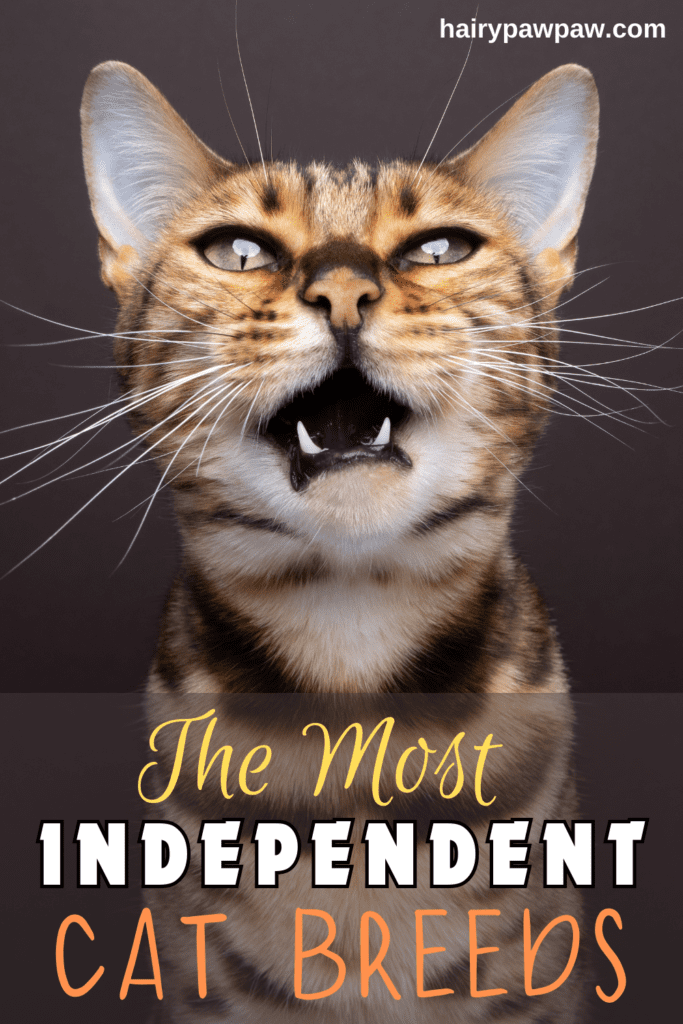
The Most Independent Cat Breeds
Cats are known for their independent nature, but some breeds take self-sufficiency to another level. If you’re looking for a feline companion that enjoys their own space and doesn’t require constant attention, consider these independent cat breeds.
3. Myth: Siamese Cats Are High-Maintenance
Many people believe that because of their striking appearance, Siamese cats require special care and grooming. They may assume that their sleek coats need regular professional grooming, or that their specific needs make them a high-maintenance breed.
The Truth:
Siamese cats have short coats that do not require much grooming. In fact, their coat is one of the easiest to maintain among all cat breeds. Regular brushing once or twice a week is enough to keep their fur looking shiny and smooth. Unlike long-haired cats, they do not need frequent trims or special grooming techniques. With proper nutrition and occasional care, Siamese cats stay healthy and comfortable with minimal maintenance.
4. Myth: Siamese Cats Are Always Active and Hyper
Many people think that Siamese cats are hyperactive and always on the move. This stereotype may stem from their playful and energetic nature, especially when they are young. However, labeling them as constantly hyperactive overlooks their balanced behavior.
The Truth:
Siamese cats, like any other breed, have their moments of playfulness, but they also know how to relax. As kittens, they can be quite energetic, enjoying interactive toys and games. However, as they grow older, Siamese cats tend to become more balanced. They enjoy lounging around and napping, just like other cats. While they may still engage in playful bursts, they also value their quiet time. Overall, Siamese cats adapt to their home environment and can switch between being active and calm.
5. Myth: Siamese Cats Are Prone to Behavioral Issues
Siamese cats have a reputation for being “temperamental,” which has led many to believe they are more prone to behavioral problems than other breeds. People often associate their vocalization with aggression or a sign of trouble, misunderstanding their need for communication.
The Truth:
Siamese cats are intelligent and expressive, but this does not make them prone to behavioral issues. In fact, they are one of the most trainable cat breeds, thanks to their intelligence and strong bond with their owners. If a Siamese cat is misbehaving, it is usually because they are not receiving enough stimulation, attention, or proper care. They require mental stimulation, so providing them with puzzle toys, interactive playtime, and plenty of attention will keep their behavior in check. When properly engaged, Siamese cats are well-behaved and balanced.
6. Myth: Siamese Cats Are Always in Heat
Another common myth is that Siamese cats are always in heat, particularly because they have a reputation for being quite vocal. Some people believe that their meowing is a sign of them being in heat, but this isn’t always the case.
The Truth:
While Siamese cats are known to be more vocal than many other breeds, this doesn’t necessarily mean they are in heat. They may meow for attention, food, or to communicate their needs, regardless of their reproductive status. Furthermore, if you spay or neuter your Siamese cat, they will no longer experience heat cycles. So, while it’s true that Siamese cats tend to be more vocal, this doesn’t mean they are always in heat. They’re simply using their voices to communicate.
7. Myth: Siamese Cats Are Prone to Health Problems
Some people believe that Siamese cats have a higher chance of developing health issues due to their unique genetic makeup. While it’s true that every breed has certain predispositions, Siamese cats are generally healthy when given proper care.
The Truth:
Siamese cats are not inherently more prone to health problems than other breeds. Like any breed, they can experience specific genetic conditions, such as respiratory issues or dental problems, but these are not guaranteed. Regular check-ups, a balanced diet, and keeping them active and engaged help ensure that Siamese cats remain healthy. Early detection of any health concerns and regular vet visits are key to their long-term well-being.
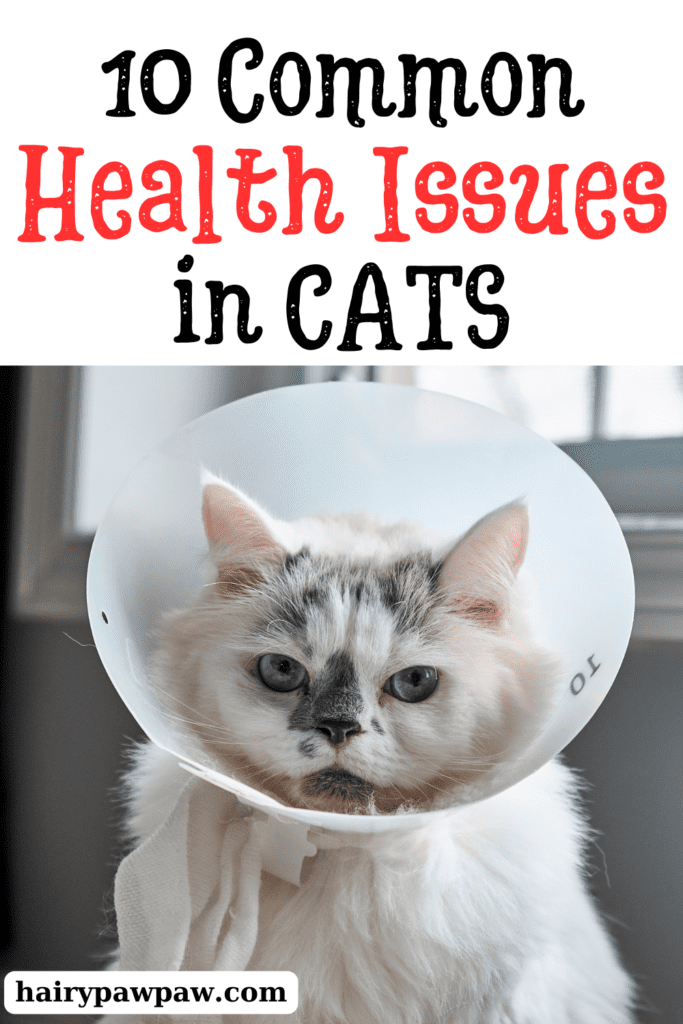
10 Common Health Issues in Cats and How to Prevent Them
Cats, those mysterious and elegant creatures, often mask their discomfort and ailments, making it challenging for pet owners to recognize when something is wrong. Understanding common health issues in cats and knowing how to prevent them can significantly improve your feline friend’s quality of life. In this detailed guide, we’ll explore prevalent health problems in cats, their symptoms, and effective prevention strategies.
8. Myth: Siamese Cats Don’t Get Along with Other Pets
Many people assume that Siamese cats do not get along with other pets, particularly other cats or dogs. The idea that Siamese cats are territorial and don’t like sharing their space leads some owners to believe they can’t coexist with other animals.
The Truth:
Siamese cats are quite adaptable and social, making them compatible with other pets in the home. They can coexist peacefully with other cats, dogs, and even small animals when properly introduced. Because of their affectionate nature, Siamese cats often enjoy having other animals around to interact with. Like any breed, it’s important to make gradual introductions and monitor their behavior during the process. Once they adjust, Siamese cats are typically friendly and get along well with other pets.
Conclusion: Understanding the Real Siamese Cat
Siamese cats have a reputation for being vocal, affectionate, and highly intelligent. While myths about their behavior and needs often arise, it’s important to separate fact from fiction. Siamese cats are not excessively loud, aloof, high-maintenance, or prone to constant hyperactivity. Instead, they are loving companions that enjoy social interaction and mental stimulation. By debunking these myths, we can better understand the true nature of Siamese cats and ensure they receive the care and attention they deserve.
Whether you’re considering adopting a Siamese cat or you’re already a proud owner, remember to treat them with the love and understanding they need. They thrive on companionship, play, and plenty of attention, making them wonderful pets for the right owner.
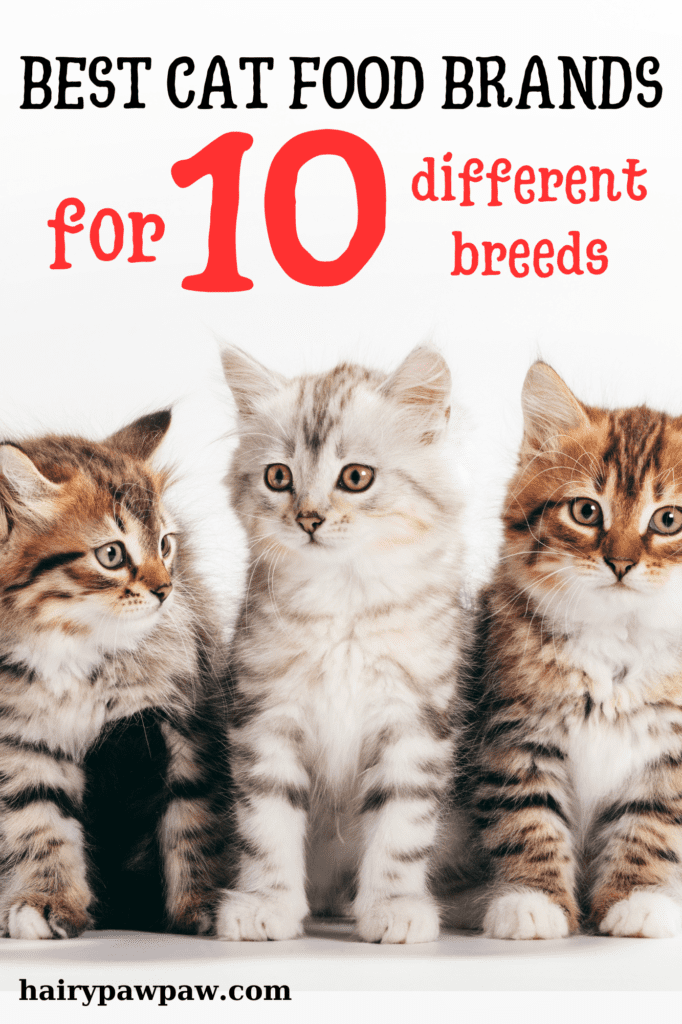
Best Cat Food Brands for 10 Different and Most Popular Cat Breeds
Choosing the right food for your cat is one of the most important decisions you can make as a pet parent. Different cat breeds have unique dietary needs, and providing the right food can ensure your feline friend stays healthy, active, and happy.


